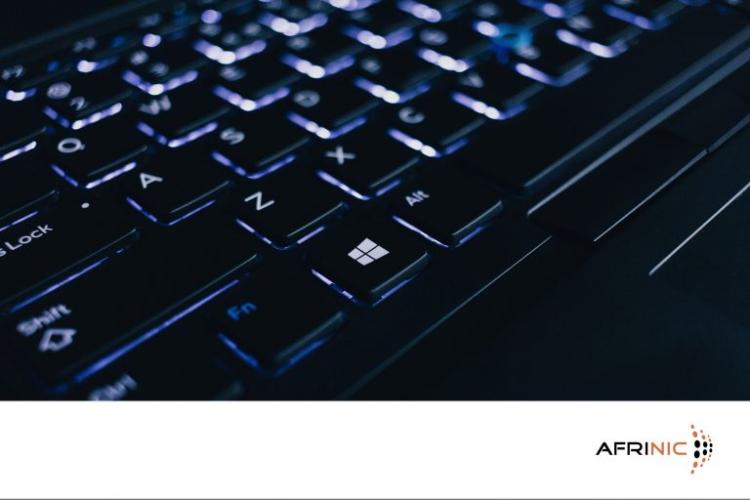
On the internet, internet protocol (IP) is the most important resource used to exchange data traffic in the online world. Unfortunately, since the early age of the internet, IP address distribution has been biased. In fact, Africa got only 3% of the IPv4 numbers to serve 14% of the world’s population that lives on the continent. Nowadays, even this scant allocation has been targeted to be utilised outside the region.
AFRINIC (African Network Information Centre) is the regional internet registry (RIR) for Africa. During the AFRINIC Policy Development Working Group (PDWG) session, and after the IPv4 resources became scarce in 2011, some of the AFRINIC members proposed policies allowing these scarce resources to be transferred outside the region, while other policy proposals to audit resource usage according to the members’ agreements were rejected.
Such behaviour has always been supported by anonymous or new registered members of the Resource Policy Development mailing list to make the atmosphere of the PDWG toxic and cripple the Policy Development Process by creating unnecessary conflict and many appeals to the group chair’s decisions. Evidence indicates that suspicious fellowships were permitted to attend PDWG sessions with prepared draft policy documents favouring one opinion.
At the moment, AFRINIC’s existence is at risk. The organisation is legally and financially targeted and there are repeated calls in the AFRINIC community to migrate the registry service to operate from outside the region.
Ongoing litigation from one of the AFRINIC members led to a serious decision by Mauritian courts to freeze the main bank account of AFRINIC in Mauritius. Such an order will have a serious impact not only on the stability of AFRINIC services in the region but also may be abused to destroy the organisation and the African information and communications technologies (ICT) community at large.
Considering the context, the African ICT community cannot stay silent while seeing such movements sabotaging our organisation. We need to use all means to keep the management of our resources inside Africa. To do so, we have several preliminary points to discuss.
Our first line of defense is the Mauritian government. We do appreciate the substantial support provided by Mauritius to host the African RIR since its establishment in 2004. However, treating AFRINIC legal cases against its members in such a way that destroys the work that has been done is unacceptable and we need to revisit the terms of reference for hosting the African RIR. Therefore, we need to approach the Mauritian government to have their thoughts about the situation.
In addition, while we supported the globally agreed bottom-up model to manage internet resources, we raised our concerns related to the ICT ecosystem in Africa, as most of the private sector internet service providers are foreign businesses, which is quite different from other regions. I believe at this stage, the system has been manipulated with the intention of making use of African number resources for the welfare of other nations. We also believe that a true multistakeholder approach is vital to balance the regional/continental sovereignty to safeguard ICT business and resources from being utilised outside Africa.
With all that said, I believe the current situation cannot be resolved at the same level it was created. We need an immediate intervention by African governments to stop the course of destruction of the internet ecosystem in our region. They must take over the situation from this point on until we rebuild a system that is immune to foreign companies targeting the stability of the system as well as local laws in one country affecting the whole continent.
